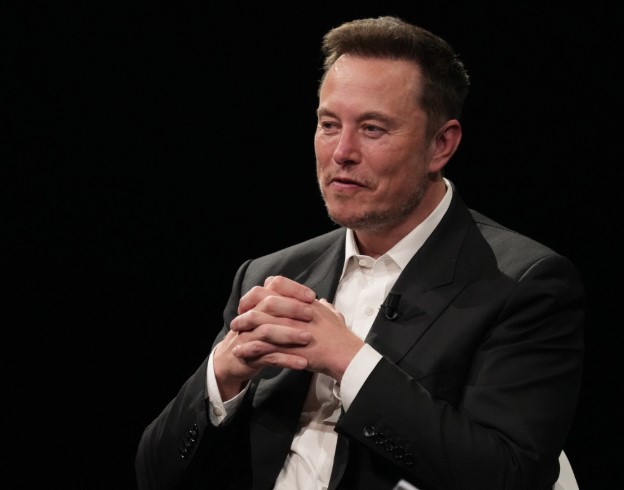Billionaire Elon Musk, the founder of Tesla and SpaceX, has quietly slowed down his plans to launch a new political party in the United States, according to a report by the Wall Street Journal. The paper, citing people with direct knowledge, revealed that Musk has told his close allies he wants to shift his focus back to his companies rather than pursue a political venture at this time.
Musk’s Political Party Announcement and Sudden Pause
In July, Musk had surprised the political scene by announcing the creation of the “America Party.” This move came after a very public dispute with then-President Donald Trump over a major tax cut and spending bill. The announcement created widespread attention, with many wondering if Musk was aiming to change the way American politics operated through a brand-new political party.
However, Musk has since indicated that pushing ahead with a political party could cause him more problems than benefits. Specifically, the billionaire has realized it might harm his ties with key political figures who remain important for his business and financial goals.
🇺🇸 Trump Explodes Over Musk’s ‘America Party’—Calls It Ridiculous and Dangerous
Links to JD Vance and Political Party Concerns
One of the key political relationships Musk is working hard to maintain is with Vice President JD Vance. The Wall Street Journal report said Musk has acknowledged to his close associates that creating his own political party would strain this connection.
Sources also revealed that Musk and his team have quietly told people close to Vance that the billionaire is considering backing him financially if Vance decides to run for president in 2028. This indicates that instead of leading his own political party, Musk could decide to use his wealth and influence to support candidates within the existing Republican fold.
Political Fallout Hits Tesla in France—Lawsuit Claims ‘Swasti-Car’ Stigma Causes Social Harm
It is not the first time Musk has played a role in American politics with his finances. In 2024 alone, he reportedly spent nearly $300 million to help Trump and other Republican candidates during elections. His contributions gave him significant influence in the early days of Trump’s leadership of the newly formed Efficiency Department, sometimes referred to as “DOGE.”
Despite Musk’s ongoing political interests, he appears cautious about making moves that could distance him from established leaders like Vance, who earlier called for a truce in Musk’s dispute with Trump. Vance has repeated his stance this month, urging Musk to step back from building a new political party and instead strengthen his ties with Republicans.
Impact on Tesla and Investor Concerns
Musk’s political party plans have not gone unnoticed by investors, especially those linked to Tesla. The electric car company has faced a tough year so far. Tesla shares are down by more than 18% in 2025. In July, the company reported its worst quarterly sales drop in more than ten years. Alongside this, its profit figures missed Wall Street’s expectations.
Although Tesla’s profit margins were better than many analysts feared, Musk himself admitted that the company could face “a few rough quarters.” This warning followed the Trump administration’s decision to end federal support for electric vehicles, a move that directly impacts Tesla’s core business.
These financial challenges have raised questions among investors about whether Musk can give Tesla the attention it needs while also engaging in disputes over a political party. The feud with Trump over his party ambitions has added more pressure. Observers worry that Musk’s divided focus could affect Tesla’s ability to recover from its ongoing slump.
Red Carpet in Red Square? Russia Invites Musk as Trump Calls Him ‘Phony’
Reuters noted that it could not independently verify the Wall Street Journal report. Both Tesla and the White House did not respond to requests for comments outside regular working hours.
For now, Musk’s allies have confirmed that while his interest in politics remains strong, his immediate priority is his companies. His decision to hold back on launching the “America Party” political party appears to reflect the growing pressure to stabilize his businesses, especially Tesla, at a time when it is facing some of its toughest challenges in years.

